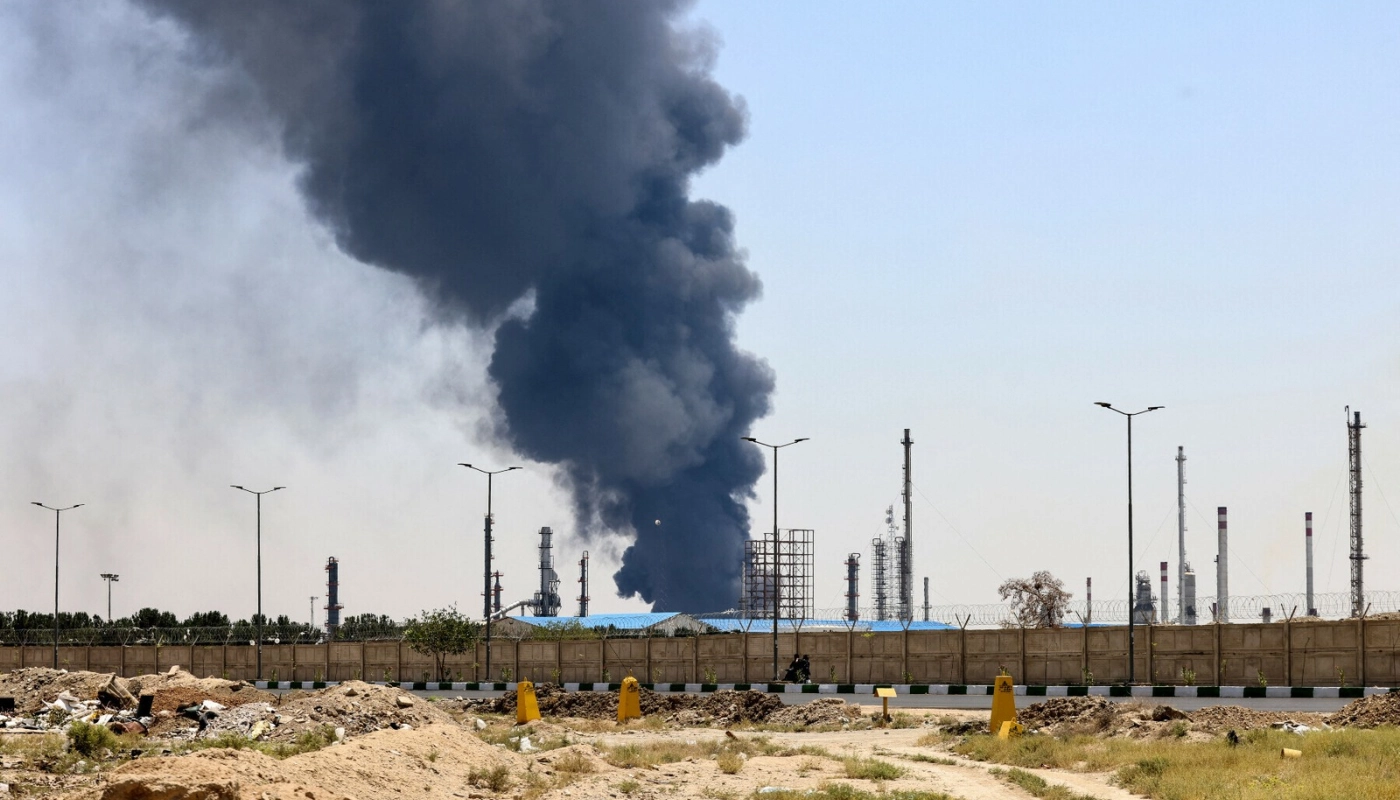Kananaskis, Canada – President Donald Trump dramatically escalated the U.S. rhetorical stance during the Israel–Iran air war, publicly demanding Iran’s “unconditional surrender”. As the conflict entered its sixth day, Trump warned that American patience was wearing thin, stopping short of pledging to assassinate Iran’s Supreme Leader Ayatollah Khamenei “for now”.
Despite his hardened tone, Trump emphasized that U.S. forces were not targeting Khamenei at present, though he asserted U.S. intelligence had pinpointed his location . He urged civilians to evacuate Tehran and hinted that Washington may permit deeper military involvement while remaining open to diplomatic options via envoy Steve Witkoff and Vice President JD Vance.
Trump’s stance triggered unease among global and domestic audiences. French President Macron cautioned that forcing regime change would plunge the region into chaos, urging renewed diplomatic oversight of Iran’s nuclear program . Meanwhile, critics within Trump’s MAGA base expressed concern that the aggressive posture diverged from campaign promises of an “America First” non-interventionist policy.
Trustees of Western security now watch closely: while Trump emphasizes support for Israel, European allies urge restraint. As U.S. military assets flood the region, the uncertain mix of threats and diplomacy heightens tension—and ambiguity—surrounding U.S. intentions.





